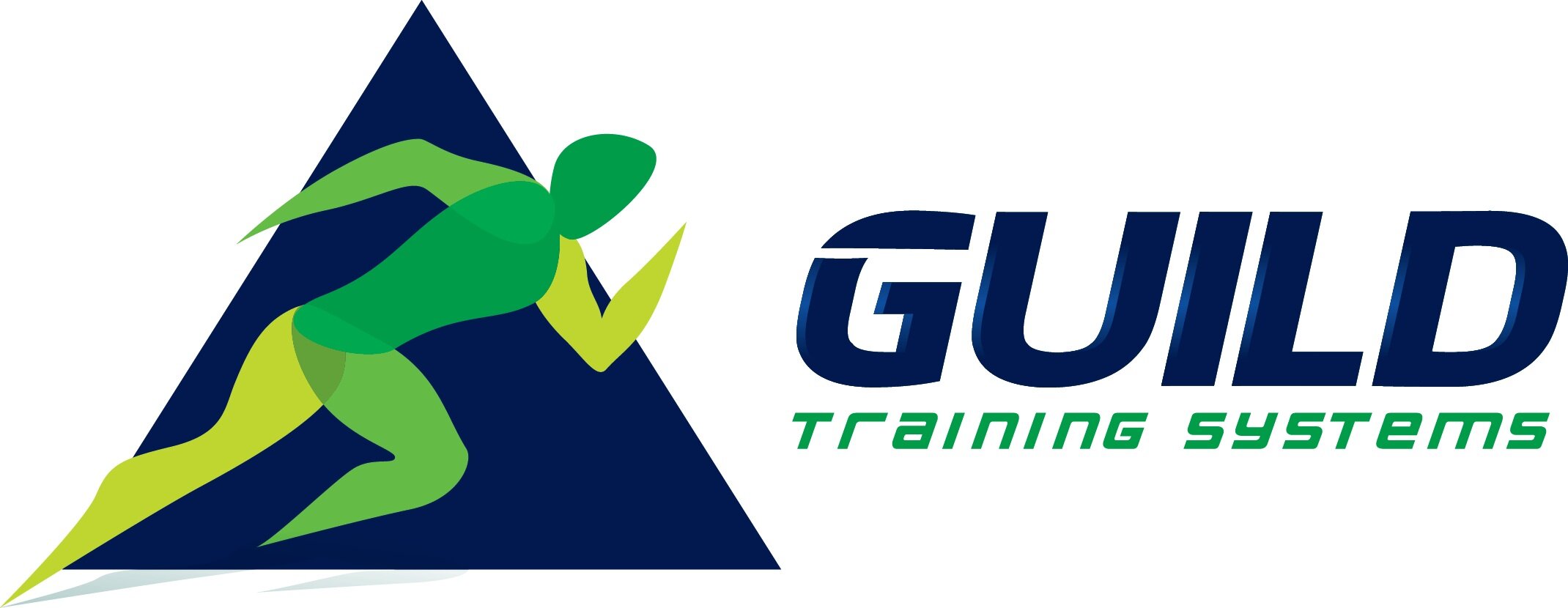Mistakes Were Made
“It’s amazing what you can accomplish if you don’t care who gets the credit” - Harry Truman -
I was a poor student in grade school and high school. I was usually the kid who hadn’t done their homework, or failed to study for the exam that day. I was frequently late to class and rarely took part in class discussions, usually due to being too busy talking with the students around me about unrelated topics.
Those poor study habits stayed with me through my first few years of college before I found myself doing an about face and becoming the best student I could be. All of a sudden, I was finishing all my assignments, signing up for volunteer or extra credit work, getting involved in class discussions and reaching out to my professors to connect and learn from them.
Pretty great right?
Until I realized it was the same stress I had been dealing with all along.
The fear of failure.
Oh heavens, look out!
As a young student, I had some early success with a writing competition and commonly would score well on standardized tests or placement exams.
Whether it was early onset imposter syndrome or more, what I can confidently say now is that my failure to complete my assigned work was directly related to the fear of that work being below the standards of who I thought I should be. The fear of failure not only stopped me from taking a chance, it completely disengaged me from my day-to-day work.
Fast forward to my “seeing the light” moment in college, where all of a sudden I was finding homework exciting, projects exhilarating and exams downright stupendous, I still had that feeling of fear.
I studied hard so that I could get as near a perfect grade as possible.
I connected with my professors to make sure I wasn’t missing anything that could cause me to slip.
I spoke with other students about their work to ensure that my work was up to par, meaning clearly better than their work. Otherwise, I was back at square one.
In both phases of my schooling, the fear of failure directly coincided with either disengagement or perfectionism. Two traits that still chase me around today.
When I look at what has gone well over the last decade of my professional and personal life, the periods of time where I took action far outweigh the times where I was caught in a cycle of disengagement or spending all my time on minute details in an effort to find perfectionism.
Years ago, I was referred to the book “Mistakes were Made, But Not By Me” by Carol Tavris and Elliot Aronson. It was a timely book for me in my life. Quite frankly, all I really had to do was read the title and realize the meaning behind it.
Ownership of mistakes and a willingness to make them tend to be the support structure behind my taking action upon a goal that I have.
Perfectionism can be the roadblock to my next positive action if I allow it to.
In a fitness context, it means showing up for a workout ready and open vs. planning a workout for next February for hours on end trying to decide what the perfect superset is.
In a personal context, it’s making time for date night with my wife tonight over planning a lavish date night in three weeks.
Disengagement can rear its head during times when I feel most vulnerable to failure.
For fitness, it’s skipping workouts or avoiding physical activity because I “don’t need it” and am already fit enough.
For personal context, it can look like going weeks without getting coffee with my parents because I’m “too busy” or “have other things to do”.
As I reflect on my last few years, I’m comfortable in saying that when I take action, I make a lot of mistakes. I like to think I do a fair job at correcting those mistakes as they happen. Nevertheless, many go unattended over time. Those are difficult to look back on.
However, if I look at the actions I was taking when the mistakes were made, I’m usually glad that I took the leap, regardless of the mistakes along the way.
Here’s to a 2025 filled with ugly first drafts, frustratingly incomplete initial ideas and nonlinear progress filled with setbacks and victories alike.
Enjoy!
